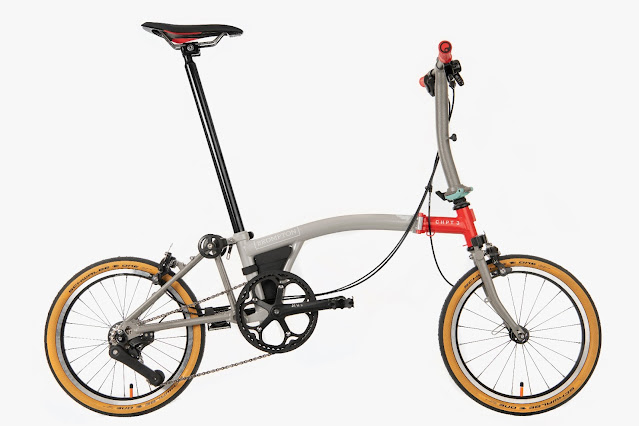Evolution of the fashion resale market ‘Amazon also sells Chanel and Hermes’
Evolution of the fashion resale market ‘Amazon also sells Chanel and Hermes’
- Selling in its own luxury store in
partnership with luxury resale WGACA
- To increase the number of items to 2,000 by
the end of the year, pay attention to responses such as LVMH
- Recently, Zara and Xuyin from China also
participated... 130 fashion and retailers are busy
 |
| Evolution of the fashion resale market ‘Amazon also sells Chanel and Hermes’ |
“E-commerce giants like Amazon are
concerned about counterfeit goods supported by organized crime and even
terrorism.”
Just two years ago, LVMH chief executive
Berno Arnault told reporters why he rejected multiple requests from Amazon to
join the online marketplace. He asserted, "Sorry prime members. LVMH products
will not sell on Amazon."
It was in 2015 that Amazon introduced its
own private label. In 2020, it overtook Walmart to become the largest apparel
retailer in the United States. In the meantime, I have been inviting high-end
luxury brands to participate in Amazon fashion, but have been rejected every
time.
Amazon launched an online luxury store featuring famous American designers, starting with Oscar de la Renta. It is a business model similar to China's Alibaba Tmall's luxury pavilion. This year, it has expanded to the European market. However, the situation so far has been that Europe's top luxury brands have not paid attention.
Amazon fashion with this history has opened a way to take a step closer to the world's top luxury brands such as Chanel, Hermes, and Louis Vuitton. Through a partnership agreement with WGACA (What Goes on Comes Around), which specializes in luxury goods resale, it is decided to sell it at Amazon's luxury store even though it is used. It was in 2002 that Amazon dabbled in fashion. In other words, 20 years of tenacity since the launch of Amazon Fashion has achieved half of the success through WGACA.
WGACA, which started in Manhattan, New York in 1993, has grown to cater to celebrities and the wealthy with stores in Soho and Burberry Hills. A few of the luxury items that WGACA showcased through Amazon Luxury Store include the Hermes Birkins Bag, Rolex Latejust, Nell Tulle Lambskin Classic Double Flip Clutch ($7,650), Louis Vuitton × Takashi Murakami Kipal, Stud Dior Lady, and Pony Hair Fendi Baguette. etc.
The Louis Vuitton Monogram Roses Speedy Bag carries a price tag of $3,700 and the Gold Faux Pearl Monogram CC Earrings carry a price tag of $1,650. Currently, there are 500 items on display, and plans to increase the number to 2,000 by the end of the year.
Experts are paying attention to the fact that local luxury resellers have expanded their business to the global stage through collaboration agreements with Amazon, and that Amazon luxury stores have further approached the luxury hot brand area through resale.
In addition, Amazon Fashion's handling of top-notch luxury goods is highly regarded in terms of increasing the reputation of the Amazon platform and increasing customer loyalty rather than profitability.
However, it is noteworthy how Chanel, Hermes, and LVMH, which have opposed Amazon's participation in the luxury goods market, will accept participation in luxury goods resale, even though it is through a third party. This is because the positions of those who want consumers to regulate resale conflict with Amazon.
British fashion business media BOF predicted that the US fashion resale market would more than double from $22 billion in 2020 to $57 billion in 2025. However, currently, the profitability of participating companies is not good due to overstocking and overheating competition.
Nevertheless, the number of fashion brands and retailers has steadily increased, and only recently Lululemon, Net-a-Porter, Hugo Boss, and Kering Group’s Balenciaga jumped in. As H&M launched its market in Canada, Spain’s Zara and China’s online fashion show also emerged. Declared participation in the resale market. Zara started dealing with resale, repair, and donation in the UK as a test stage, and Shein decided on the name ‘Shein Exchange’ and is trying to globalize starting with the United States.
BOF announced that the number of fashion and retailers participating in the resale has increased by 100 over the past two years, reaching a total of 130. Despite the uncertain short-term profit prospects, it was explained that the reason why fashion brands participate in resale is for the sustainability of fashion.
Consumer pressure for sustainability is
increasing day by day, and the perception that resale is a means is becoming
more common. For fashion brands and retailers, resale is becoming the mandate
for sustainability.







Comments
Post a Comment